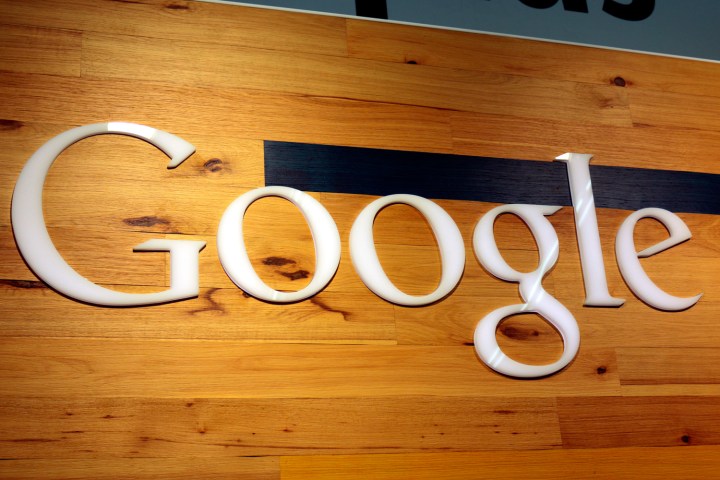
“We can’t agree with a case that lacks evidence and would limit our ability to serve our users,” Kent Walker, Google’s general counsel, wrote in a blog post. “We’re confident these cases will ultimately be decided based on the facts,” he added, noting that Google’s offerings “benefited consumers and merchants, and expanded competition.”
The time extension initially gave Google until the end of October to file a rebuttal to the accusations against it. This extension follows a previous one that gave the company until September 20. Originally, Google was given until April 2016.
While extensions like these are not uncommon, Google is taking a risk because they give the European Union additional time to dig up more information against it.
This case is focused on Google using Android to push its own apps and services at the expense of its rivals. If it is found that Google abused its dominance, it could face serious consequences — fines amounting to much as 10 percent of its annual income, or about $7.4 billion.
Citing a charge sheet, Reuters reported the EU had plans to fine Google and demand that the company stop sending payments to smartphone manufacturers, which are used as an incentive to pre-install Google apps.
This is not the only case that Google is working on with the EU — the company is also being probed over its shopping service, Google Shopping, and Google AdSense, its advertising business. The fact that it has three cases proceeding at the same time is likely working in its favor when it comes to getting deadline extensions.
Google recently lost an appeal in Russia over a similar complaint, so it will be interesting to see if its troubles there end up being mirrored in Europe.
Article originally published in October. Updated on 11-03-2016 by Lulu Chang: Added news that Google has responded to two antitrust complaints.

